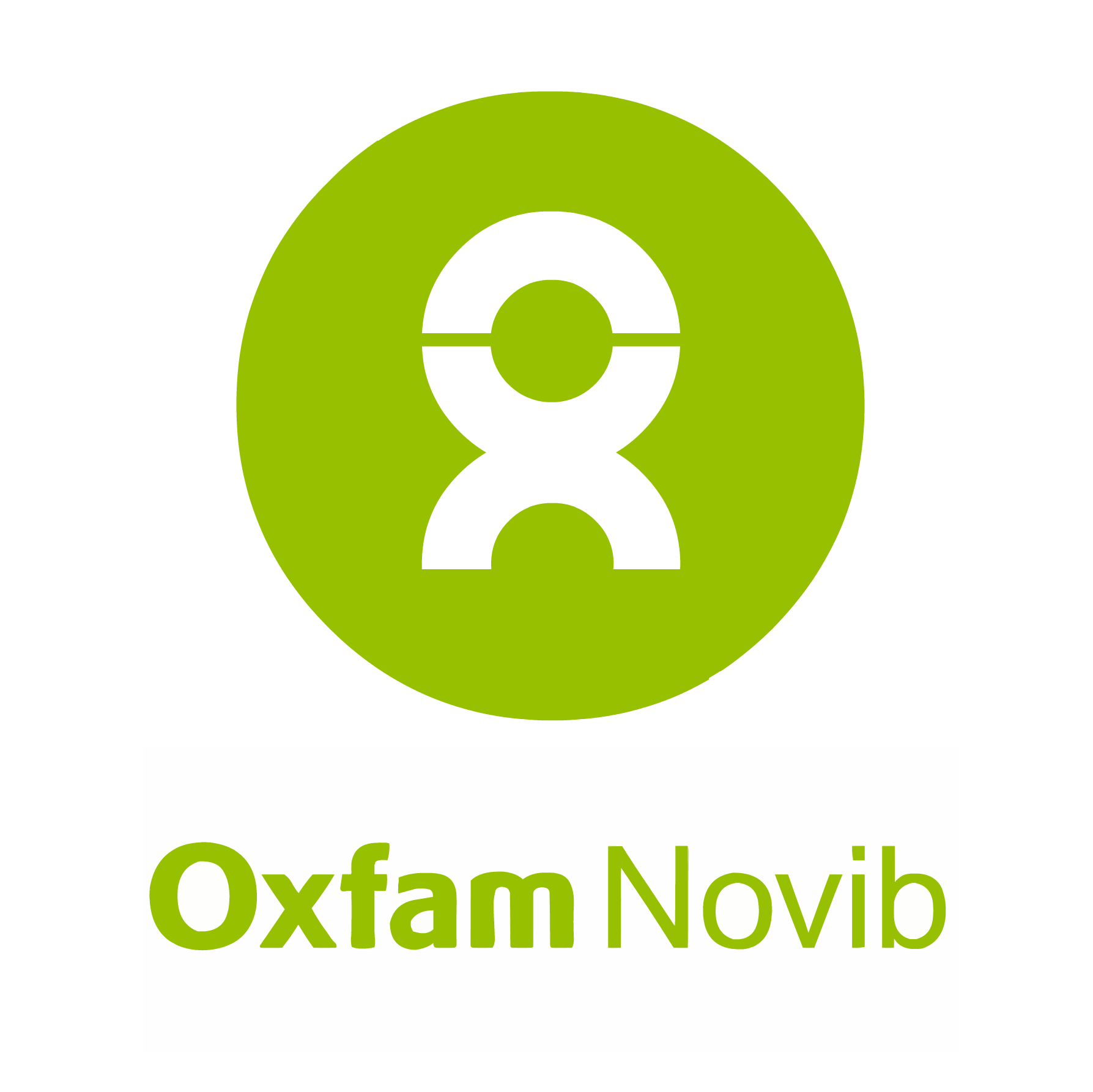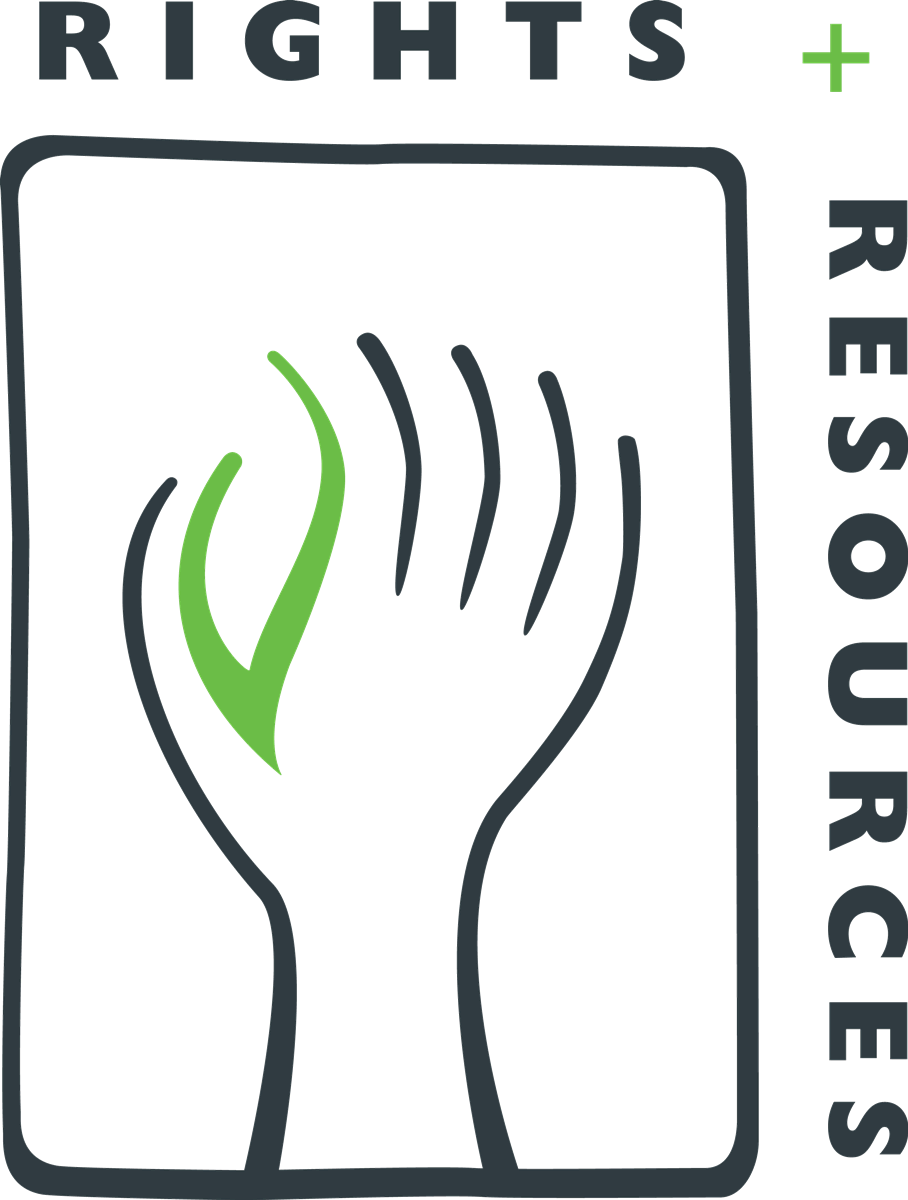Community / Land projects / HO-503001 TU ALIVE
HO-503001 TU ALIVE

€0
02/17 - 03/21
Completed
This project is part of
Implementing Organisations
Donors
Data Providers
General
To support and enable rural women#s voices to ensure access to and control over their productive resources across Africa. Specific objectives:(1) To monitor actions taken by governments in key countries, and Regional Economic Communities, implementing relevant AUinstruments (listed in 1.1.2); (2) To facilitate the strengthening of women#s voices at community level in the face of Large Scale Land Based Investments (LSLBI); (3) To strengthen Pan-African-level civil society leadership and advocacy in support of securing land rights for women and communities. The proposed Action will support Civil Society Organisations (CSOs) to contribute to a better enforcement of women#s rights, to implement AU priority policies in the target area and to facilitate the inclusion of women#s land rights priorities in the elaboration of such policies. This consortium of applicants believes strongly that gender discrimination in land rights prevents women from realizing the full benefit from their hard work and it is a constraint on Africa#s development. Thisis also anchored in broader instruments of the African Union, including the Constitutive Act of the AU, especially Article 4-l, on the promotion of gender equality; the African Land Policy Initiative#s Gender Strategy (LPI-GS) for the operationalisation of the Framework and Guidelines on Land Policy in Africa; the implementation of the AU#s Guiding Principles on Large Scale Land-Based Investments (GP-LSLBI); the Protocol on Women#s Rights towards achieving Africa#s Agenda 2063, the Maputo Protocol, and the AU Declaration on Land Issues and Challenges in Africa. If successfully implemented, these AU instruments will significantly boost the struggle of securing women#s land rights on the continent and there is certainly a role to play for CSOs to make this happen. Clearly, African governments have the leverage to AU instrument implementation and negotiate desirable investments and national parliaments need to play a strong oversight role on land rights and forms of agricultural investment. In order to do this effectively, African government officials concluded at the 2014 Conference on Land Policy in Africa that there was a need to create spaces for engagement with civilsociety. This action seeks to contribute and strengthen the advocacy agenda of the CSOs platform established in December 2014; and actively engaging the Land Policy Initiative. At the same time, Oxfam and its consortium partners realize that in order to have successful advocacy and monitoring taking place there is a need to also have a bottom-up approach, to capture grass-root experiences. This project will thus train CSOs to support women and communities to deal with national governments and private sector investors regarding LSLBIs. A recently developed gendered Community Guide to Participating in Large Scale Land Investments will be made available for this. As such, women and communities will have an increased say in these investments, as well as being able to send a strong message to their governments, private sector, and the African Union. This action#s main objective is to support and enable rural women#s voices to ensure access to and control over their productive resources across Africa. Each of the specific objectives (see table 1.1.1.) has a set of linked activities which will be implemented over a 3 year (36 months) period, which is required in order to rollout the capacity building around LSLBI and to implement the programme of monitoring, in such a way that it generates evidence for sustained civil society advocacy leading to change at country and AU level. The action using is using a combination of capacity development of CSOs (for example, development of generic materials to support multi-country monitoring, CSO training of trainers module on the use of the gendered LSLBI tool; workshops with existing national/regional platforms; CSO platform members supported to promotemonitoring/community engagement), community sensitisation/ awareness raising (for example, annual public events to draw attention to progress made; support community training and lessons learned; national workshops involving women from communities), advocacy and monitoring (support periodic participatory monitoring activities to generate national monitoring reports inthe form of scorecards) and research (aggregate results from national monitoring work, integrating experiences from the community engagement work, and publishing of continental reports). Key stakeholders groups include women in rural communities who areoften not consulted on issues related to land and deprived of their land rights; regional, national and local organisations and networks representing the interests of women, small-holder farmers, and rural communities in general, who can improve their roleas representatives and defenders of Women Land Rights (WLR); national and local government actors are involved in land governance and land deals, in particular national investment agencies, and ministries of land and agriculture; traditional authorities are also often involved, on behalf of communities; companies involved in LSLBI, in particular agribusiness and investors in agriculture; the relevant African Union-level organs, especially the Land Policy Initiative (LPI), can also play a role, particularly in relation to monitoring and implementation of strategies and norms. Their buy-in to credibly support monitoring and accountability of gendered policies and standards, as well as to support community engagement which is empowering of women (in line with the aims of this action) could lead to negotiations that privilege and protects WLR. This consortium is ideally placed to address the above issues, and is geographically well spread. Oxfam has a long history of supporting work to improve land governanceacross Africa. It helped found many of the national land alliances, has a long track record of working on WLR, and more recently, in addressing the policies and practices of the private sector when it comes to land issues. For this project, the consortiumalso will make use of Oxfam#s AU Liaison Office in Addis Ababa. PROPAC helps to mobilise rural women from across Africa to seek accountability from decision makers at national and continental level. PROPAC, which is basedin Cameroon, will serve as aleadorganisation to mobilise and coordinate other CSOs involved in the action in the target countries through their membership of the International Land Coalition (ILC) and the Pan African Farmers Organization (PAFO). The Institute forPoverty, Land andAgrarian Studies (PLAAS) from South Africa is a university-based research institute which conducts research, training and policy engagement on the social, political and economic dynamics of rural and agro-food system restructuring in Southern Africa.



